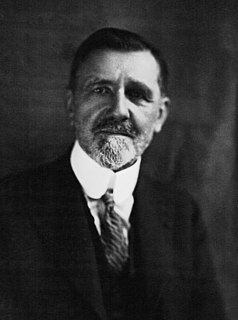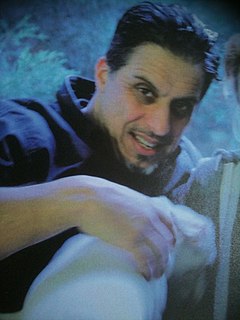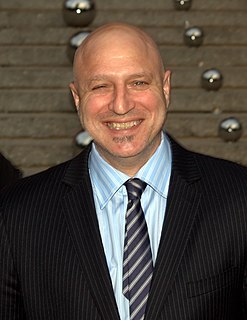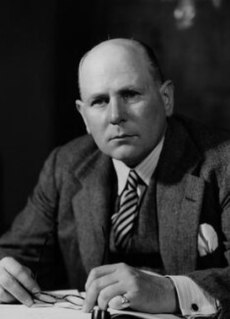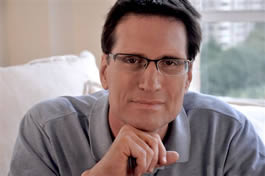A Quote by Virginia Satir
I think if I have one message, one thing before I die that most of the world would know, it would be that the event does not determine how to respond to the event. That is a purely personal matter. The way in which we respond will direct and influence the event more than the event itself.
Related Quotes
Sometimes you read a passage by a great writer, and you know what he says and how he says it will always be, for you, the only possible way it could be. Less often a painter will describe an event in a way that fits into your interpretation of that event so perfectly that it becomes the event itself.
This is not remarkable, for, as we know, reality is not a function of the event as event, but of the relationship of that event to past, and future, events. We seem here to have a paradox: that the reality of an event, which is not real in itself, arises from the other events which, likewise, in themselves are not real. But this only affirms what we must affirm: that direction is all. And only as we realize this do we live, for our own identity is dependent upon this principal.
The event is not what you should be working on. You should be working on your response or reaction to an event. You either react to it - that means you become victimized, and you say this thing is happening to you - or you respond to it and say the solution must come through you - that's where you stay focused, not on the rightness, wrongness, fairness of the event, but on the appropriateness of your response.
Surely the memory of an event cannot pass for the event itself. Nor can the anticipation. There is something exceptional, unique, about the present event, which the previous, or the coming do not have. There is livingness about it, an actuality; it stands out as if illumined. There is the "stamp of reality" on the actual, which the past and future do not have.
There is nothing in the nature of a miracle that should render it incredible:;: its credibility depends upon the nature of the evidence by which it is supported. An event of extreme probability will not necessarily command our belief unless upon a sufficiency of proof; and so an event which we may regard as highly improbable may command our belief if it is sustained by sufficient evidence. So that the credibility or incredibility of an event does not rest upon the nature of the event itself, but depends upon the nature and sufficiency of the proof which sustains it.
You have to understand that PTSD has to be an event that you experience, a very traumatic event. And actually, there is evidence that brain chemistry changes during this event in certain individuals where it's imprinted indelibly forever and there's an emotion associated with this which triggers the condition.


